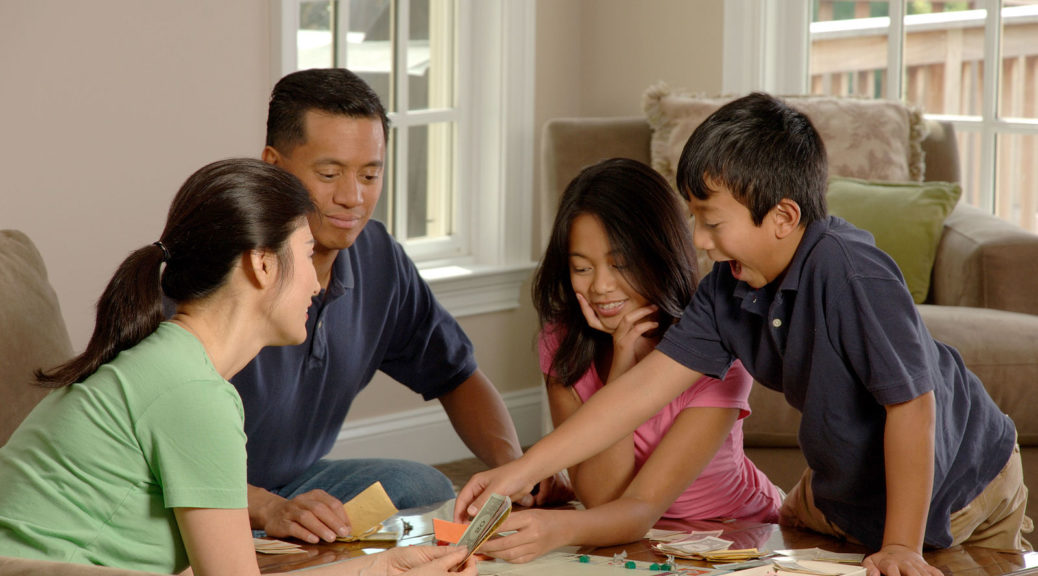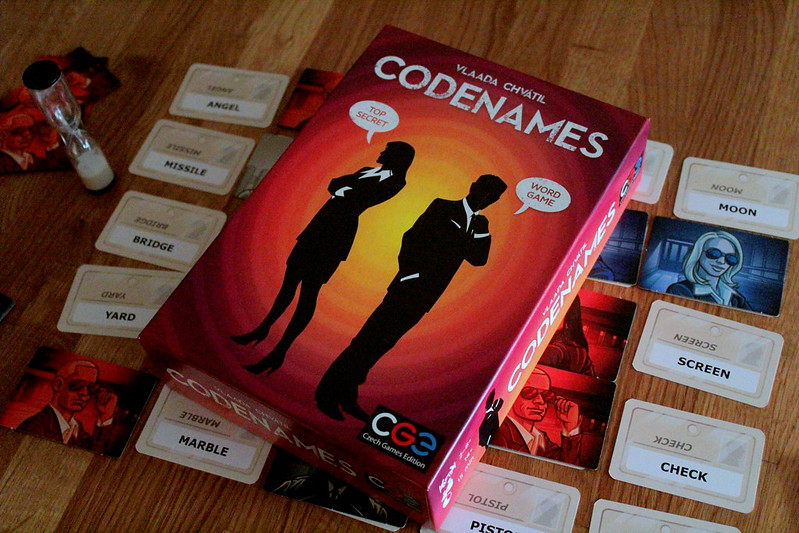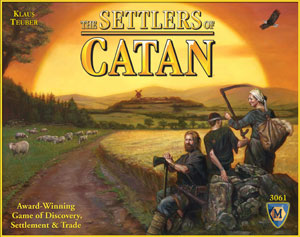By Samantha Wong
It’s always fascinating—illuminating even—to take a step back from the comfort of our daily interactions and to ask, why? Why do we do some of the things we do?
During one of my first sessions leading as a Conversation Partner, an international student asked me, “How do you respond to how are you?” Immediately, I reacted with the oh-so-familiar reply, “Good; how are you?” Unconvinced, the student questioned why people respond that way even when they are not good. Like an automatic reflex, it seemed to her as though people ask and return this ostensibly benevolent greeting without any genuine interest at all.
This inquiry into the utmost timeless greeting focused my attention on to the standard of politeness that Americans have become accustomed to. Why do we continue to blindly ask each other “how are you” when we simply expect a moderate variation of the same answer 99% of the time?
In America, I believe we come to ask each other “how are you” because, frankly, we are afraid to come across as impolite otherwise. It is due to our crippling fear of appearing “rude” or “crass” that we ask a question that does not seem to bear much weight anymore. Indeed, when we ask this question, we more often than not are returned by a one-word response and a dreadfully long, awkward pause… Consequently, we need to move beyond these greetings that yield one-word answers to unlock opportunities to stimulate dialogue we are sincerely interested in. It is only then may we bridge meaningful relationships.
Across all cultures, we hope to reciprocate both courtesy and respect during our interactions with new people. For, every day, we inevitably cross paths with dozens of new faces under distinct circumstances. Particularly as USC students, we have the unique ability to meet and learn from hundreds of different perspectives through a simple “hello” and informal introduction. With one of the largest international populations on campus, we truly are a melting pot of diverse and similar stories waiting to be told. Thus, why should we waste our perfect opportunities to engage in thought-provoking conversations by asking a question that leads to nowhere?
In reference to a Forbes article, there are countless questions to ask that can prompt dynamic and distinctive conversations. What has been the best part of your day so far? What are you looking forward to this week? What has inspired you recently? Truly, the possibilities for good questions are endless.
With this untapped reserve of productive conversation starters, we can (and should) begin exchanges with positivity, purpose, and ultimately, genuine interest! After all, who wouldn’t want to make a great first impression?
Let’s do ourselves a favor and ask better questions. Who knows, perhaps we can gain something more valuable during our conversations!
Featured image by Sawyer Bengston on Unsplash
Sam is an undergrad business student at Marshall School of Business. While raised in a small town in New Jersey, she loves to explore diverse cultures through travel and unique eats (particularly, desserts). Since flying 3,000 miles across the country, Sam has continued her passions for consulting, interacting with students across cultures, and helping others! Sam is greatly involved in the Marshall community (AIM Marketing Consulting, Marshall Business Network), and is an enthusiastic American pop culture follower.





